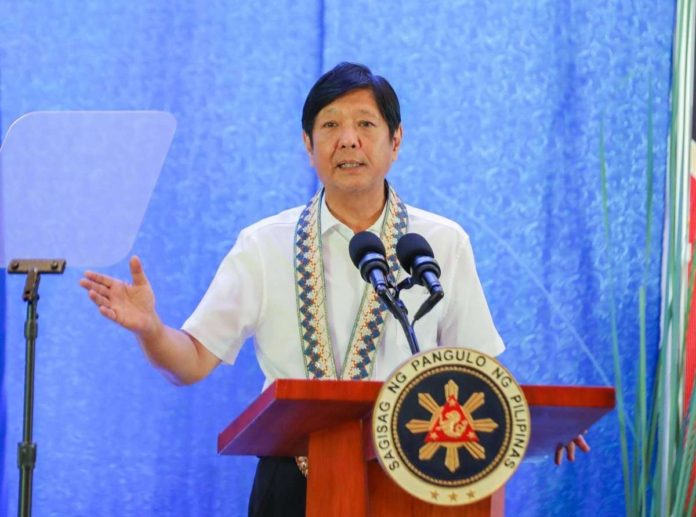
AT LEAST 80 infrastructure projects, which can be financed through Maharlika Investment Fund (MIF), have been identified, President Ferdinand “Bongbong” Marcos Jr. said yesterday.
Marcos made the remark during the Philippine Economic Briefing held at Ritz-Carlton Hotel.
“In addition, we look forward to the operationalization of the Maharlika Investment Fund, the country’s first ever sovereign investment fund. It will serve as an additional source and mode of financing for priority projects of the government, including the infrastructure flagship. These projects offer high returns and significant social economic impact. Currently, we have identified about 80 potential infrastructure projects that are financeable through that fund, the Maharlika Investment Fund,” he said.
Marcos said the MIF would serve as an additional mode of financing for the government’s projects.
The President said these projects would offer high rates of return and significant socio-economic impact.
In a separate interview with the Philippine media delegation, National Economic and Development Authority (NEDA) secretary Arsenio Balisacan said these infrastructure projects were urban-based that would later make the MIF profitable.
Balisacan, however, did not provide the details of the projects.
“Mga airways, mga tollway, profitable mga ’Yan…” Balisacan said.
”Based on the expected rates of returns, kasi dapat ‘yung Maharlika medyo mataas ‘yung return, the objective is to grow the fund so that we can have more resources for investing in strategic industries. Basically mga urban-based projects like tollways, very profitable for Maharlika,” he added.
Meanwhile, Marcos also said his administration has been prioritizing the implementation of 197 infrastructure flagship projects worth around US$155 billion with a sharp focus on grading physical and digital connectivity, water, health, transport.
Further, the President said investments in the digital space are also highly prioritized.
”Incentives are given to projects covering research and development and those adopting advanced digital technologies such as for example artificial intelligence, additive manufacturing, data analytics, cloud computing and nanotechnology,” Marcos said. (GMA Integrated News)



